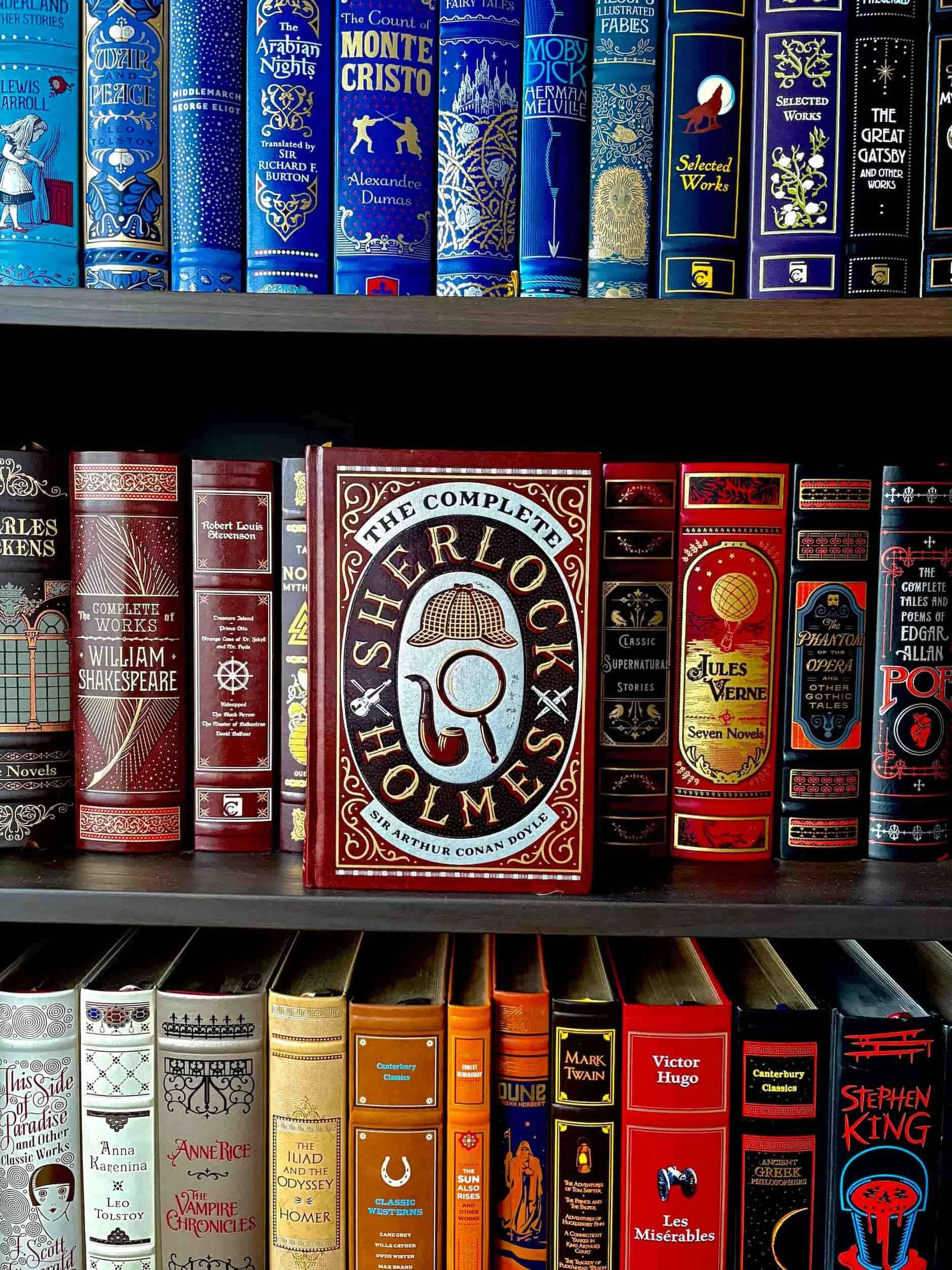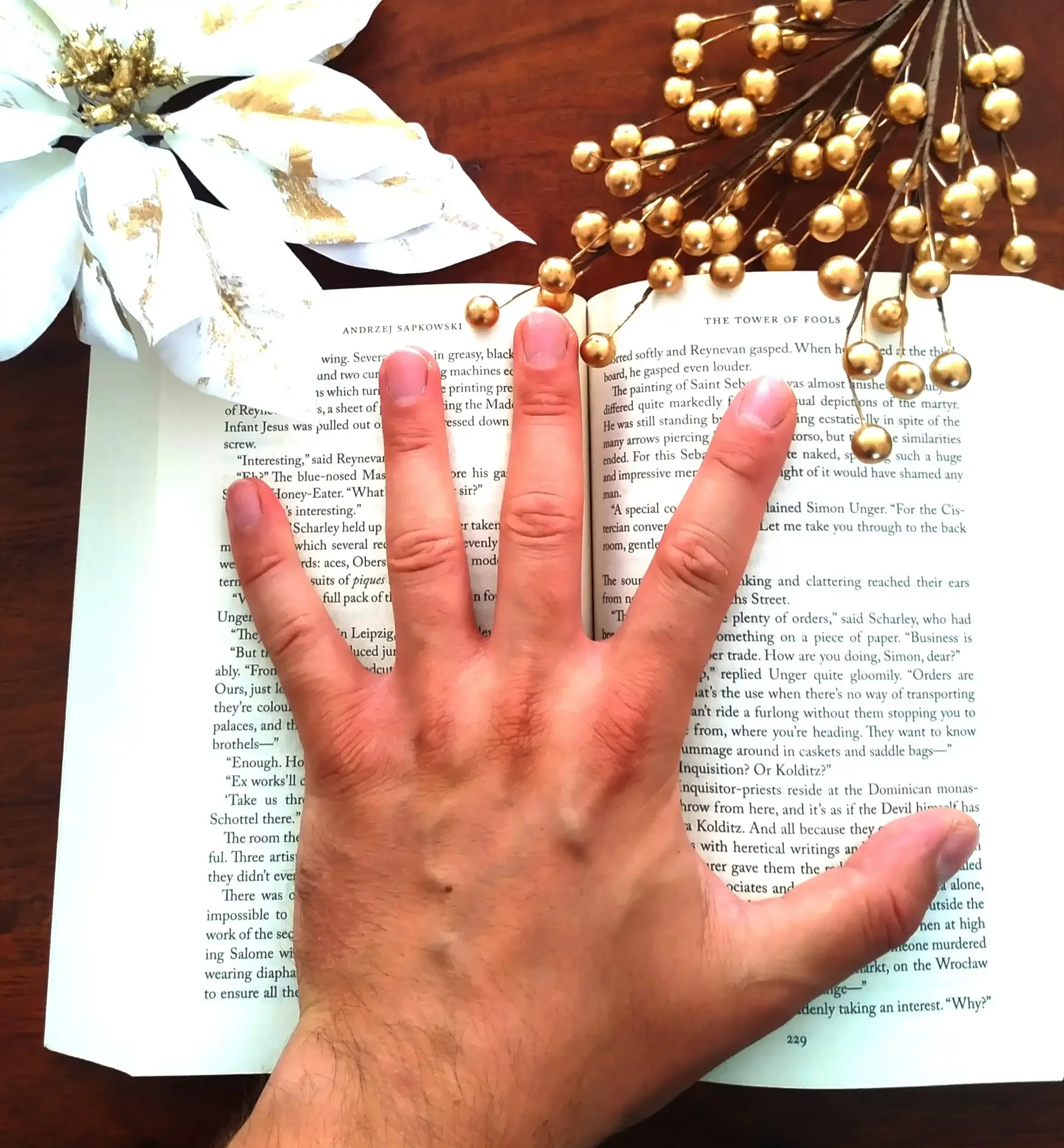Animal Farm Allegorical Characters & Animal Quotes: A Fresh Review
Let’s just say: when I picked up Animal Farm by George Orwell, I had just recently finished his other classic, 1984, and quite frankly I went down the conspiracy theory rabbit hole for a couple of weeks. Honestly, I was probably days away from making my own tinfoil cap and shouting at random strangers on the street to open their eyes.
Thankfully, that manic episode passed rather quickly, but the lessons that both books thought me have left a deep emotional impact. In fact, I find myself thinking of them ever so often, especially in the evening after seeing yet another “tailored newscast”.
You see, for a history-nerd like me the parallels between revolution, power and the animal metaphors were abundantly clear when reading Animal Farm. But I realize that perhaps some of the brilliance of this book could be lost on those that are not intimately familiar with the events preceding World War 2, and the lives of Lenin, Trotsky, and Stalin.
So in this article I will try to explore two things: the allegorical characters (yes, the pigs, the horses, the raven, every hoof and wing) and the most emotionally-laden animal quotes that still sting today. If you’re a teacher, a book club member, or just someone who loves to read deeply and then gaze into the distance wondering where society went wrong - welcome, you’re in the right place.
Let me first say that I absolutely loved Animal Farm, maybe even more than 1984 in its small-scale precision. I kept finding myself asking: “Can I spot the difference between the animals and the men they’re supposed to allegories for?” Because, spoiler alert: by the end of the book, the answer is deeply unsettling. Not because the allegories were done in such a superb way. But because almost 80 years later those same characters are running the political scene today.
So let’s take a look at some of the Animal Farm allegorical characters, and who they’re supposed to represent.
Allegorical Characters: Who is who, and why it matters?
Orwell didn’t hide his intent. His approach wasn’t veiled in subtlety. It was the brash, unapologetic slap in the face to his readers, screaming “Wake up now, because tomorrow it might be too late!”. Nearly every major character in Animal Farm represents a real historical figure or social class. But why does that matter now? Because even today, the pattern keeps repeating.
Old Major (the prize middle-white boar): He’s the originator of the dream: “All animals are equal,” remember? He stands in for Marx/Lenin and sets the revolution in motion.
Snowball the pig: The intellectual, the reformer - think Trotsky. He articulates the windmill plan, organises committees. He gets exiled. Crowds shout things.
Napoleon the pig (of course): The power-hungry, manipulative tyrant. Stalin in swine form. The character you love to hate (or hate to love).
Squealer the pig-propagandist: He changes the commandments, rewrites history, distracts the masses. The master of spin, he represents the power of propaganda and the manipulation of language, media, and society in general.
Boxer the horse: “I will work harder” and “Napoleon is always right” might be his memos to himself. He’s the working class: faithful, strong, and always exploited.
Mollie the mare: Ribbon-loving, sugar-cube-seeking, she flees when things get serious. Kleptocrat of the leisure class.
Benjamin the donkey: Wise, cynical, sees the rotation of power, but does nothing. If you ever wondered why someone watches the game but doesn’t play - this is Benjamin. He represents the elderly, and the intellectuals, who remember the better times and are aware of the corruption in the farm, but refuse to do anything.
And yes, the other animals (hens, sheep, dogs, birds) all carry meaning: the silent masses, the hidden police force, the easy-to-control crowd.
Animal Farm Animal Quotes: Lines that stick
Here are 12 quotes that I found particularly powerful, not just as neat soundbites, but as gateways into discussion, reflection, maybe even discomfort.
“Whatever goes upon two legs is an enemy. Whatever goes upon four legs, or has wings, is a friend.”
“No animal shall wear clothes.” (and, later, “with sheets”).
“No animal shall sleep in a bed.” (and later “in a bed with sheets”).
“No animal shall drink alcohol.” (later: “to excess”).
“No animal shall kill any other animal.” (later: “without cause”).
“All animals are equal.”
“All animals are equal, but some animals are more equal than others.”
“The creatures outside looked from pig to man, and from man to pig, and from pig to man again; but already it was impossible to say which was which.”
“I will work harder!”
“Napoleon is always right.”
“Man is the only creature that consumes without producing. He does not give milk, he does not lay eggs…Yet he is lord of all the animals.”
“Let's face it: our lives are miserable, laborious, and short.”
I’m sure you’ve noticed that a lot of the quotes in the beginning have add-ons in brackets. That’s fairly unusual for quotes but it represents a key element in Animal Farm - the power of propaganda and the rewriting of history and information to suit the needs of the ruling class.
Each quote carries the sting of insight: about power, about manipulation, about language, about ideologies gone sideways. Use these in your book club, your essay, your dinner conversation. I guarantee they’ll spark a heated discussion.
Why I Loved Animal Farm
Because it’s deceptively small and brilliantly sharp. In under 150 pages, Orwell gives a fairy-tale fable, a political thriller, a social critique, and a mirror to our modern world. It’s a haunting lesson on how ideals can get easily corrupted, how communities can fall prey to leaders in love with control, and how slogans and symbols can become prisons instead of bulwarks.
If you’re a history fan like me, every revolution, every purge, every slogan in Animal Farm is a wink to real life events you’ve been reading about for years. And more chillingly, to any era where a dream gets hijacked.
If you’re a book club person (hi, that’s us at His & Hers Book Club) this book is ideal. Short, punchy, packed with layers, but accessible. Read it once, discuss it once, and then ask yourself: Are the animals and the men so different after all?
So yes, I thoroughly enjoyed reading Animal Farm and I believe everyone should read it at least once in their life. Then read it again. And maybe bookmark those quotes and characters because every time you hear a slogan tailored for “the greater good,” you’ll remember this little farm and its big lesson.
Rating: ★★★★★




Want to finish more books? Here are 8 practical speed reading tips from a busy dad, covering subvocalization, pacing, and how to read faster without losing comprehension.